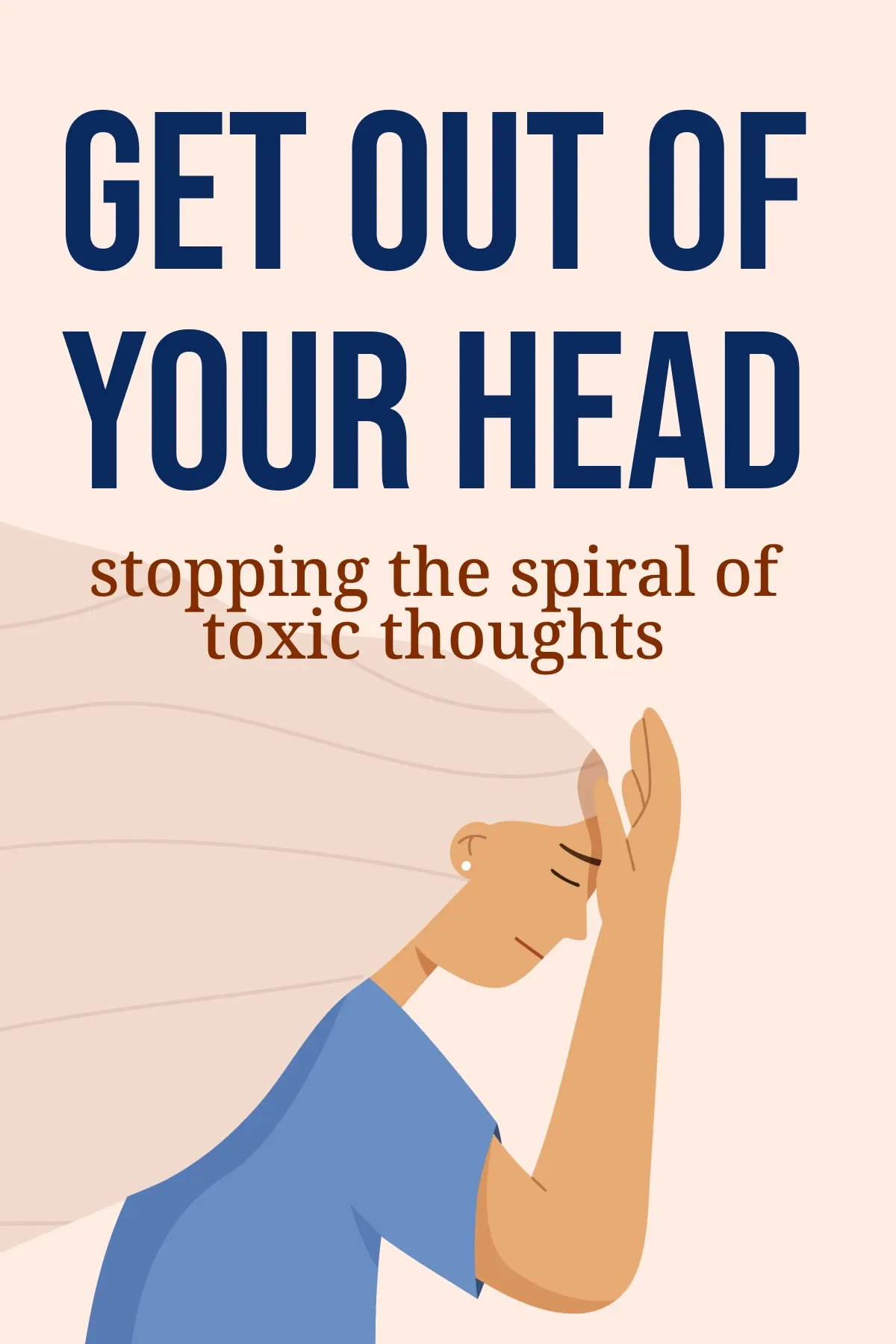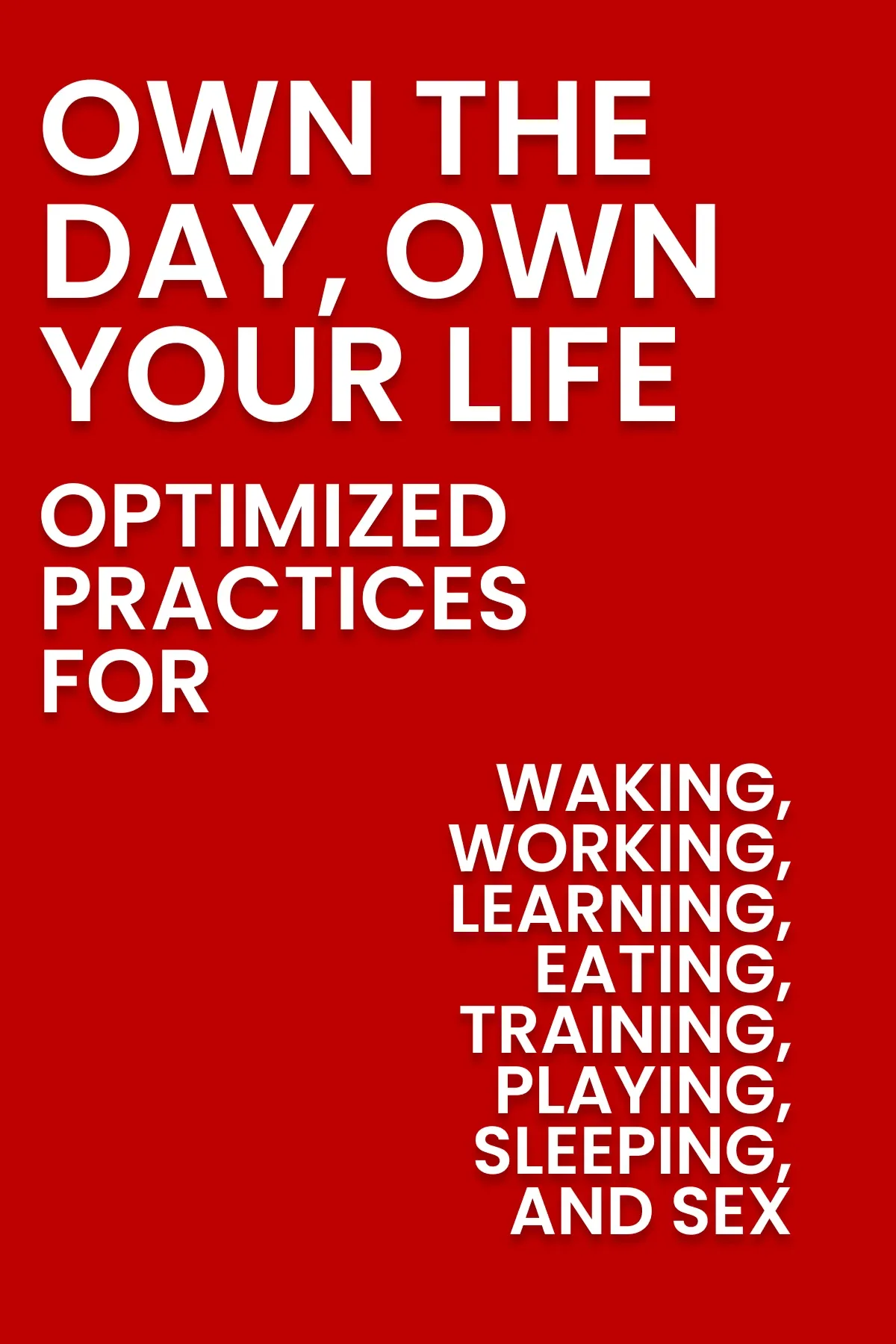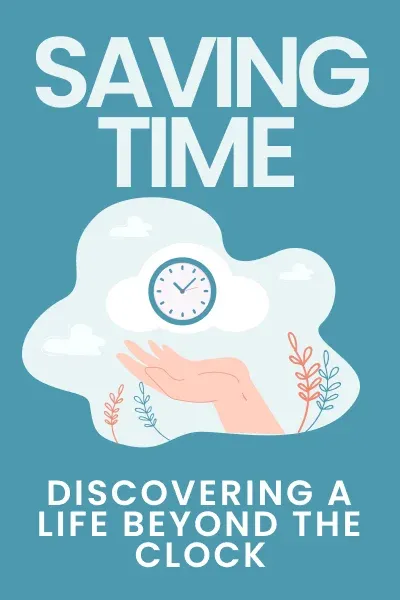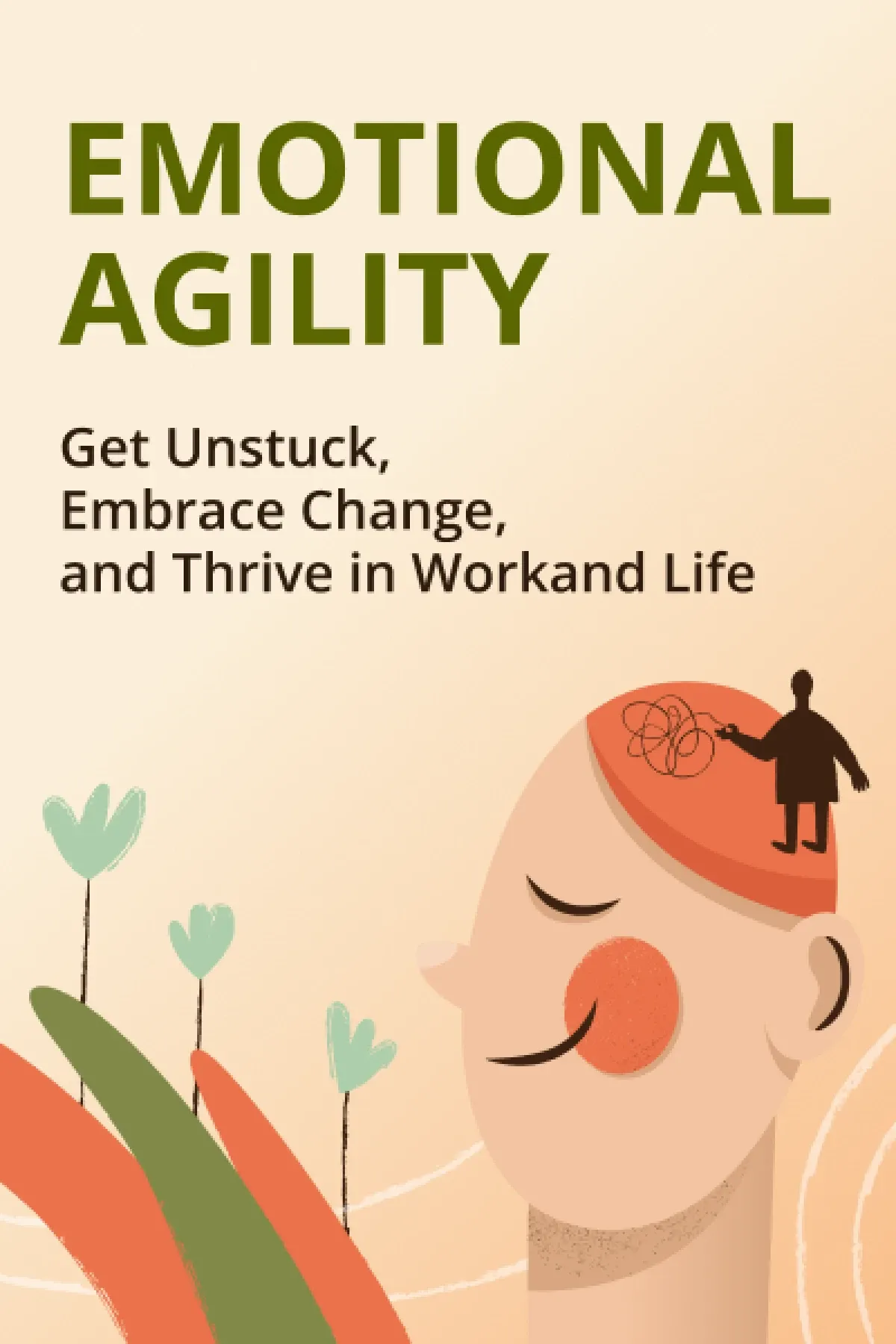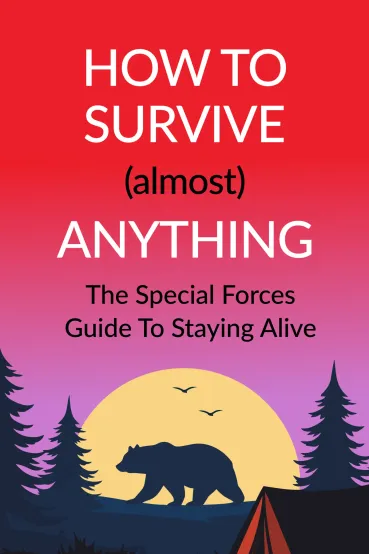
How To Survive (Almost) Anything
Brief Summary
“How to Survive (Almost) Anything” by Ollie Ollerton is a key to understanding what you need when it comes to survival and preparing for extreme challenges. Plus, it teaches essential skills like building a fire, giving first aid, and making it through in harsh environments. Ready to get started?
Key points
Key idea 1 of 7
Have you ever wondered what distinguishes survivors? You might guess it’s luck or good physical shape. But the truth is, adaptability and purpose make all the difference. Once a person is determined to survive, their chances increase dramatically.
Take Viktor Frankl’s story, for instance. He endured a Nazi concentration camp, and his reflections afterward once again proved the importance of having a purpose in life. Those who supported others and thought about their loved ones were more likely to stay alive in a Nazi hell.
Another compelling example is found in Henri Charrière’s biography. Wrongfully imprisoned, he attempted to escape 13 times. Henri wasn’t someone who gave up easily. He treated his situation with a clear mind and optimism, which helped him focus on action instead of hardship.
What should we learn from those stories? In case of encountering an extreme threat, you must be vigilant. Your next step is to make up a plan. What’s even more important is that you have to be ready to alter that plan as necessary. Moreover, always think about what’s going to happen in the long run because not only does success depend on quick choices, but also on the ability to plan for the future.
To sum up, surviving doesn’t mean staying alive itself. People had been surviving for thousands of years. We have various instincts that call us to be “situational chameleons” and remain in a safe environment. Nevertheless, there will always be a rebel soul that provokes a search for adventure. Don’t let fear prevent you from precious experience, and keep in mind basic survival skills such as building a fire, foraging, finding and cleaning water, setting up a shelter, orienting, and surely keeping yourself neat. Remember, survival is often more about mental well-being than physical strength.
FAQ
You may also like these summaries




